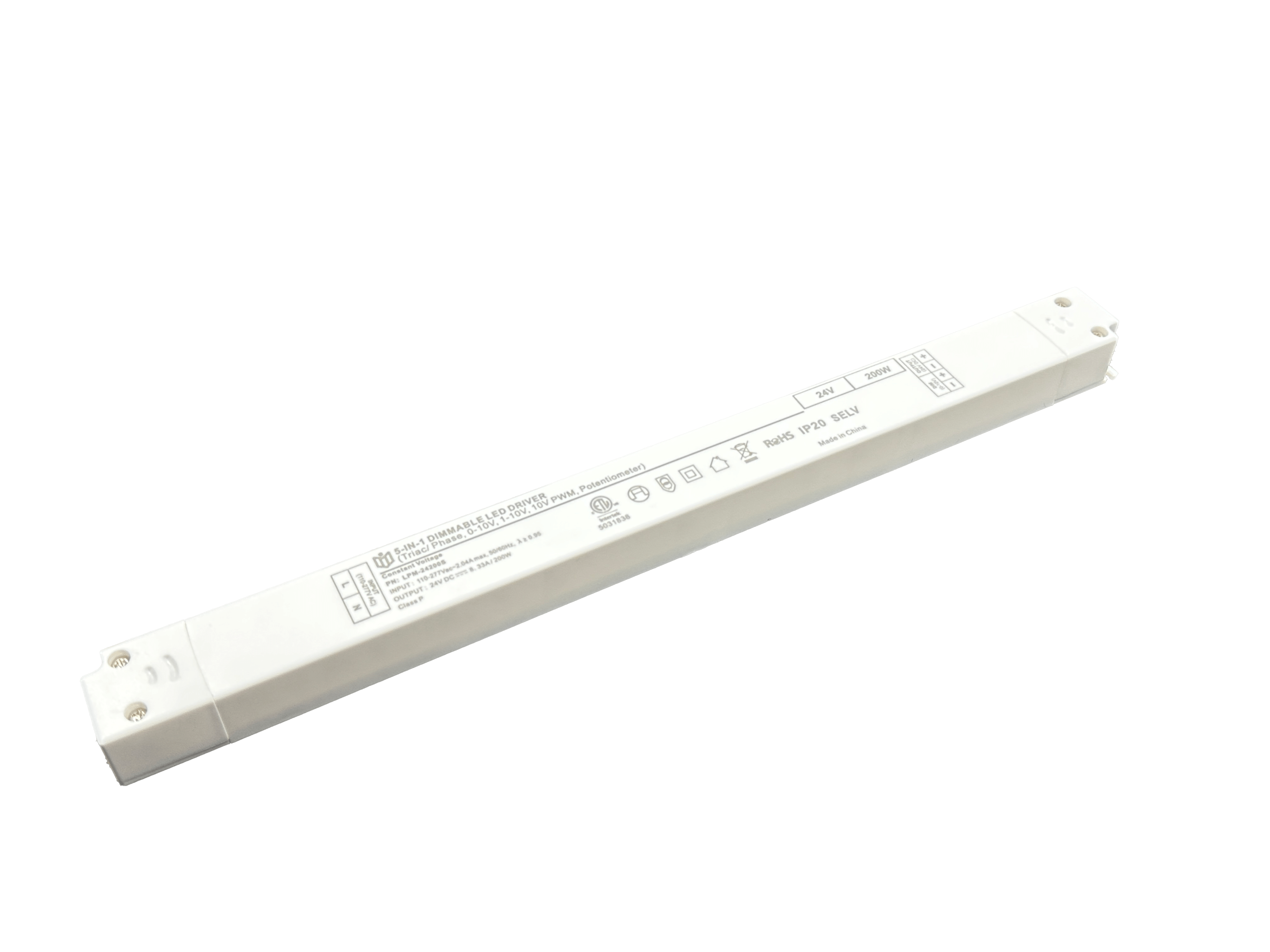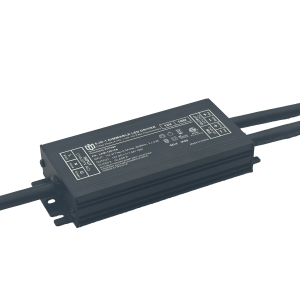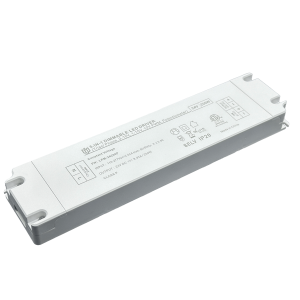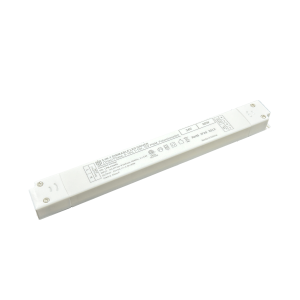A New Benchmark in Energy Saving: Market Performance of High-Performance Triac Dimmable Power.
The evolution of lighting control systems has reached a transformative milestone with the emergence of high-performance triac dimmable power supplies. Unlike conventional phase-cut dimmers that suffer from flickering issues and limited compatibility, modern triac-based solutions now deliver seamless dimming across all LED configurations while achieving unprecedented energy savings. This breakthrough positions them as the new gold standard for both residential and commercial applications.
Market adoption metrics reveal compelling stories of transformation. In North America alone, installations using advanced triac dimmers grew by 37% annually between 2020-2023, driven by utility rebate programs and stricter building codes mandating minimum 85% power factor correction. Industrial facilities report average energy cost reductions exceeding $12k per year after retrofitting existing systems with these intelligent drivers, thanks to their ability to maintain stable output even under varying load conditions.
Technical superiority manifests through three core innovations: adaptive phase angle control algorithms that eliminate audible noise pollution, thermal foldback protection preventing component stress during overheating episodes, and universal voltage compatibility (90-305VAC input range). These features collectively extend LED lifespan by up to 40% compared to standard drivers, creating cascading benefits for maintenance budgets and carbon footprints. The integration of smart grid communication protocols further enables demand response participation, allowing facilities to monetize peak shaving capabilities.
Competitive analysis shows traditional MOSFET drivers lagging behind in critical parameters. Side-by-side testing conducted at the Lighting Research Center demonstrated that premium triac models achieve 94% efficiency at 50% load versus 89% for comparable MOSFET alternatives. More importantly, they exhibit superior harmonic distortion levels (THD<8%) meeting IEC Class C standards without additional filtering components – a crucial factor for hospitals and data centers requiring clean power delivery.

Real-world case studies validate these advantages. A major hotel chain reduced annual lighting expenses by $86,000 after standardizing on triac dimmable systems across 52 properties. Their retrofit included occupancy sensors integrated with daylight harvesting controls, creating hybrid systems that automatically adjust illumination levels based on natural light availability. Similarly, museum exhibition spaces now preserve artwork better through precise color temperature stability maintained by these advanced drivers.
Future projections indicate accelerated growth as IoT convergence enables predictive maintenance alerts and AI-driven scene optimization. Manufacturers are responding with modular designs supporting plug-and-play upgrade paths, ensuring backward compatibility while incorporating next-gen silicon carbide semiconductor materials for even greater efficiency gains. As governments worldwide implement carbon pricing mechanisms, the total cost of ownership equation increasingly favors these ecologically conscious solutions over legacy technologies.
For stakeholders evaluating lighting control investments, the value proposition crystallizes when considering lifecycle costs rather than just initial price tags. Field data confirms payback periods averaging 14 months when factoring in energy savings, reduced replacement frequencies, and qualifying for green building certifications like LEED Platinum. This economic logic explains why architectural firms now specify triac dimmable systems exclusively for new construction projects targeting net-zero energy status.
 A New Benchmark in Energy Sav
A New Benchmark in Energy Sav
 The Future Outlook for Triac
The Future Outlook for Triac
 The Application Advantages of
The Application Advantages of
 Innovative Design + Outstandi
Innovative Design + Outstandi
